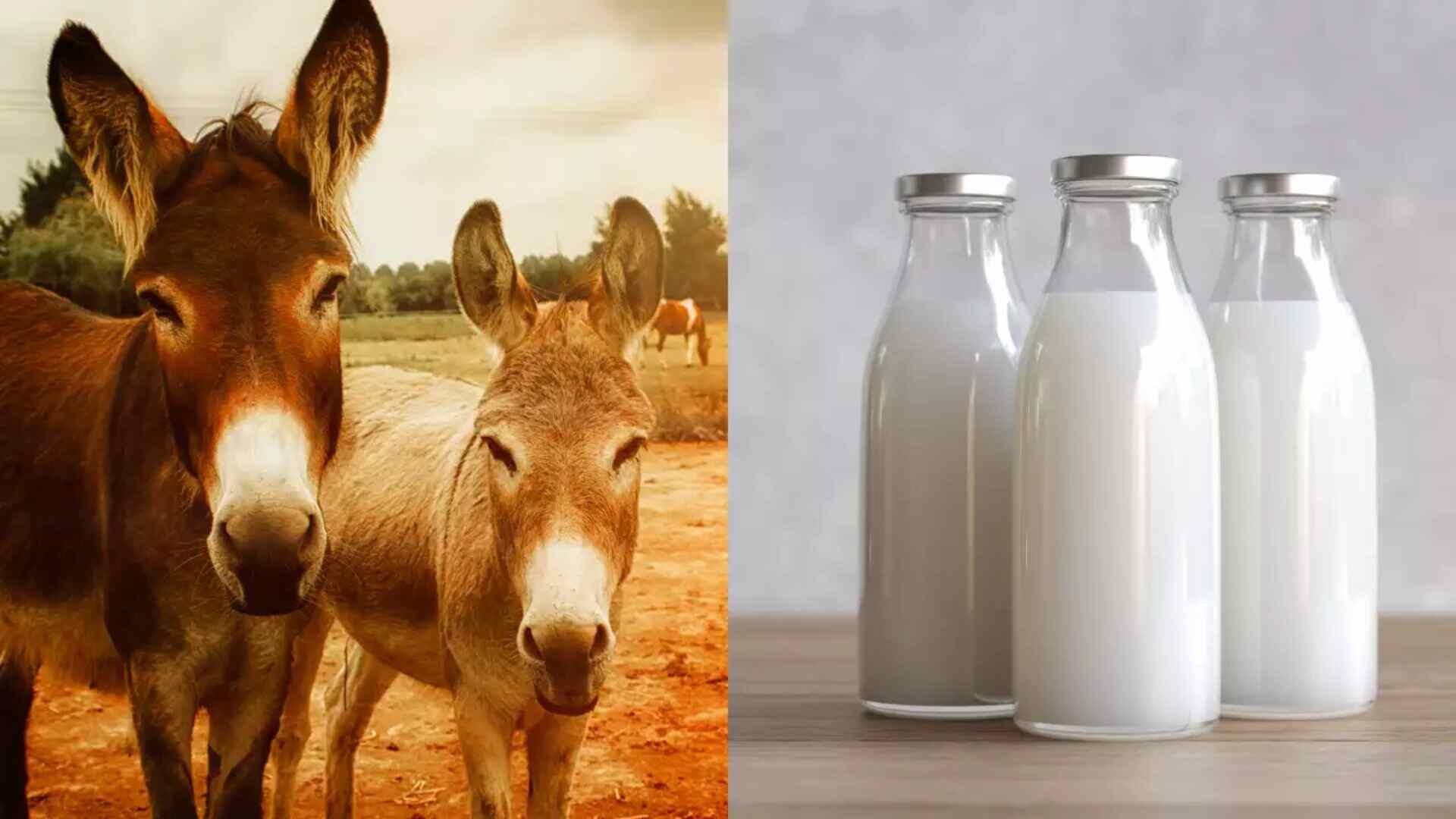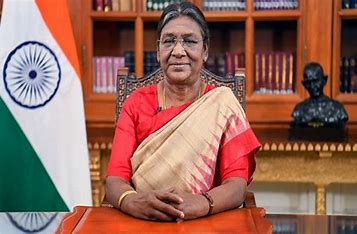
Donkey milk, long overlooked and relegated to a symbol of mundane labor, is now gaining prominence, commanding a price 70 times higher than its bovine counterparts. Dhiren Solanki of Gujarat’s Patan district has spearheaded this shift, establishing a donkey farm with 42 animals and reaping monthly earnings of Rs. 2-3 lakh by supplying donkey milk to clients in southern regions.
Mr. Solanki’s venture stemmed from a quest for stable employment. Faced with limited prospects in government and private sectors, he ventured into donkey rearing after discovering its demand in South India. Eight months ago, he initiated his farm with 20 donkeys, investing Rs. 22 lakh.
Initially met with adversity due to Gujarat’s minimal demand for donkey milk, Mr. Solanki pivoted his focus to South Indian markets, catering to Karnataka and Kerala. His clientele includes cosmetic companies utilizing donkey milk in their products.
Donkey milk, priced between Rs. 5,000 to Rs. 7,000 per unit, far exceeds cow milk’s rate of Rs. 65 per liter. Stored in freezers for freshness, it is also marketed in powdered form, fetching prices of up to Rs. 1 lakh per kilogram.
With an investment of Rs. 38 lakh and 42 donkeys, Mr. Solanki is optimistic about the sector’s prospects and hopes for government support.
Historically valued for its medicinal properties, donkey milk enjoyed widespread use, reportedly even by figures like Egyptian queen Cleopatra and Greek physician Hippocrates. Its composition closely resembles human milk, making it suitable for infants, particularly those allergic to cow milk.
Renowned for its ability to regulate intestinal microflora and boost immunity, donkey milk offers numerous health benefits. Moreover, its extended shelf life, devoid of common pathogens, adds to its allure.















